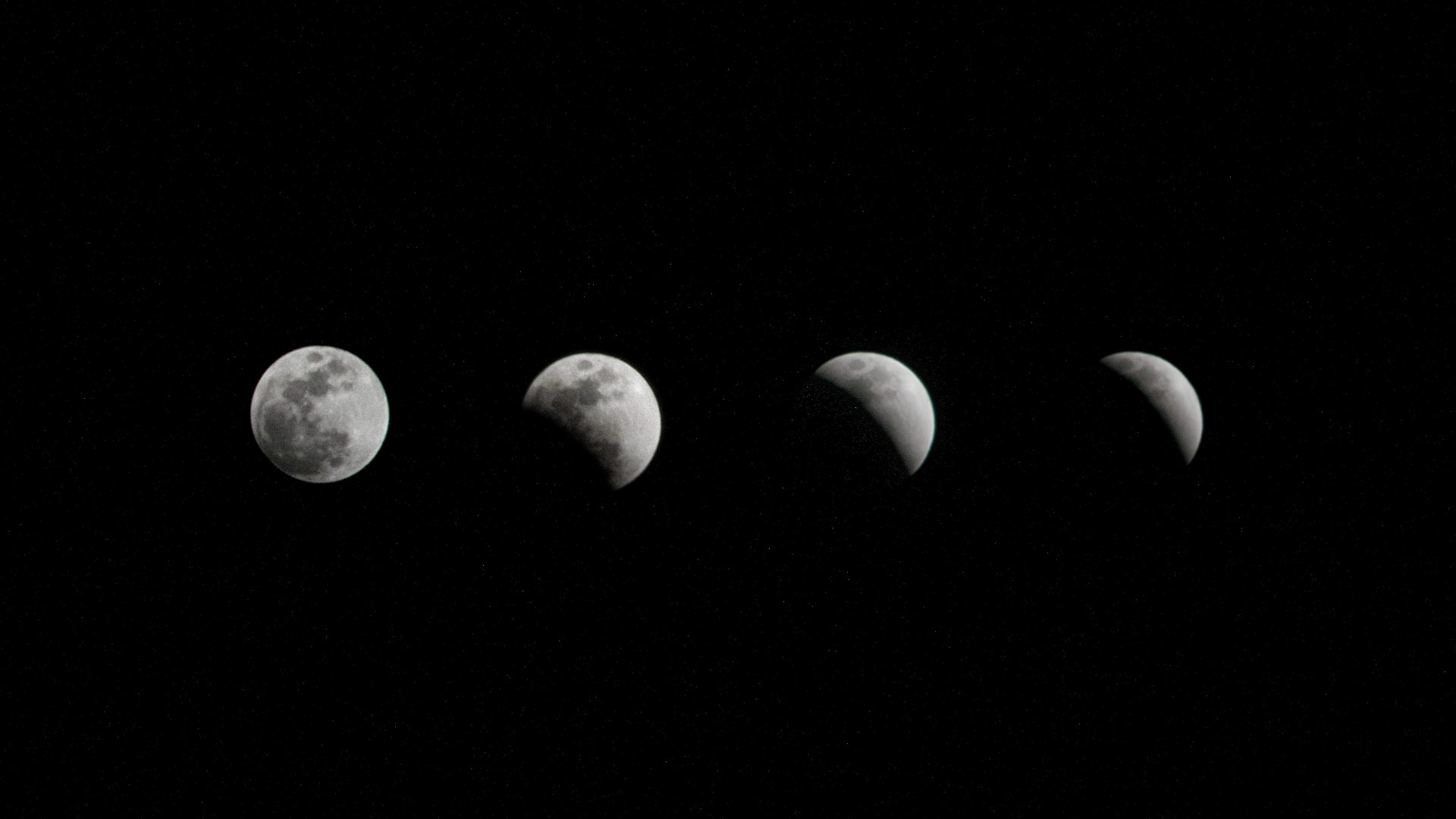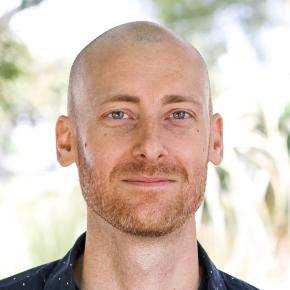Last month, I was speaking at the University of Toronto on the topic Has Science Buried God? The event was held in the medical science building, so it attracted a large number of science-minded atheists and skeptics. In fact, two of the former presidents of the Secular Alliance came out to hear what I had to say.
During my talk, I pointed out that modern science was birthed out of a theistic worldview. Therefore, far from being a science stopper, it was belief in an orderly God that was the modern science starter. I like how C. S. Lewis put it. He said, “Men became scientific because they expected law in nature, and they expected law in nature because they believed in a Lawgiver.”
After my talk, we had a time of Q&A. A young woman named Julianna was the first to put up her hand. “We aren’t going to agree on much,” were the first words out of her mouth. She asked, “If theism is a science starter, then why was Galileo persecuted by the church for doing science? This sounds like the exact opposite of what you’ve said.”
As Julianna was speaking, I could see other people in the audience nodding their heads in agreement.
Just the Facts
To answer this question, I had to get all of the facts on the table. There is a very popular view that science and religion are hostile enemies. However, most historians of science regard this as a myth. The idea that religion is at war with science is called the conflict thesis. Galileo’s mistreatment by the Roman Catholic Church is usually given as a case in point, but serious historians of science do not believe that this cultural icon supports the conflict thesis.
Julianna didn’t have all the facts. She knew Galileo did good science. She also knew the Church silenced Galileo because they didn’t like his conclusion. But she was missing important details of the account, which ultimately led to a misunderstanding of the story of Galileo.
The Rest of the Story
Julianna needed the rest of the story. Here’s what I told her.
First, it was not the religious leaders who originally opposed Galileo. It was actually the secular philosophers who were committed to a philosophical view called Aristotelianism. This is a school of thought going all the way back to Aristotle. Aristotle believed the heavens were made of immutable, perfect spheres. Galileo’s observations challenged this belief.
Instead of starting with a prior commitment to Aristotelianism, Galileo started by looking at the evidence. Through his telescope, he observed sunspots that seemed to fly in the face of Aristotle’s perfect Sun. He also detected supernova—the explosion of a star—that strongly opposed the notion of Aristotle’s ’immutable heavens.’
Consequently, Galileo wasn’t principally attacking the Church. His observations challenged the reigning philosophy, which was believed by virtually everyone of his day. As a result, he received criticism from all fronts, not merely the Church.
Second, one must remember the historical context. This was all happening during the Reformation. The Roman Catholic Church already thought they were losing their authority. Since the Church was committed to Aristotelianism, they understood an attack on Aristotelianism to be an attack on the Church. And to make matters even worse, Galileo published his findings in Italian—the language of the common man—rather than in Latin, the language of the elites.
Third, this story is often portrayed as the innocent Galileo being attacked by the Church. However, Galileo wasn’t so innocent. He was an instigator. He wrote a book called Dialogue Concerning the Two Principal Systems of the World in which he put the ideas of the Pope on the lips of a character he called Simplicio, which means simpleton or buffoon.
Fourth, Galileo was a Bible-believing Christian, who believed that he was studying the works of God’s hand. He said, “The laws of nature are written by the hand of God in the language of mathematics.” This doesn’t fit the narrative that Christianity is against science.
Let me be clear, I’m not defending what the Roman Catholic Church did to silence Galileo. What they did was wrong. But they weren’t silencing Galileo merely because they were anti-science. In fact, the Church (along with the secular academy) thought they were defending science by silencing Galileo.
A Warning
The facts of this story should be a warning to the Church and the culture. In Galileo’s day, Aristotelianism was the philosophical framework by which all evidence had to conform. When Galileo challenged this idea with scientific evidence, he was persecuted for it. Today, methodological naturalism—the idea that only natural conclusions are permissible in science—is the philosophical framework by which all evidence must conform. And those scientists who challenge this notion are persecuted for it.
Just as Galileo’s evidence was ruled out because of Aristotelianism, the scientific evidence for a supernatural Creator and Designer of the universe and life is being ruled out because of methodological naturalism.
What can we all learn from what happened to Galileo? We all should be willing to follow the evidence where it leads even if it goes against the reigning paradigm of the day.

